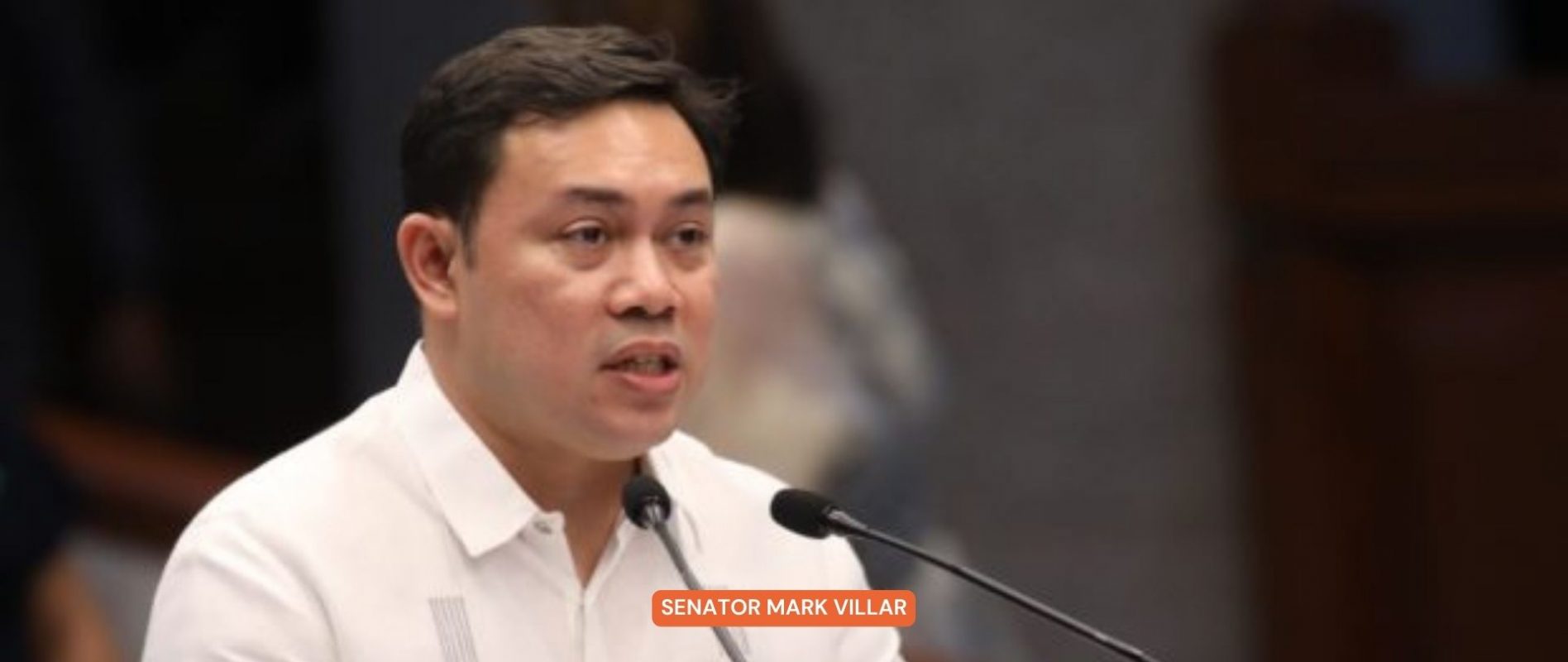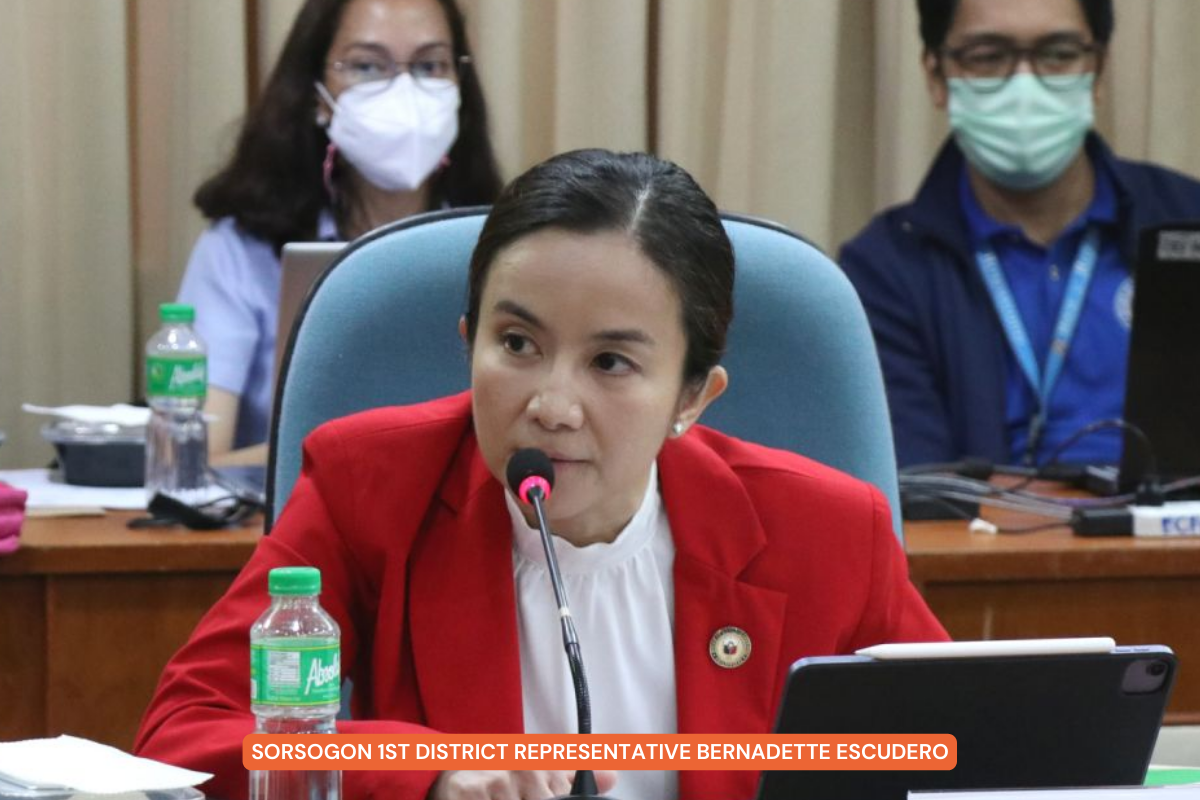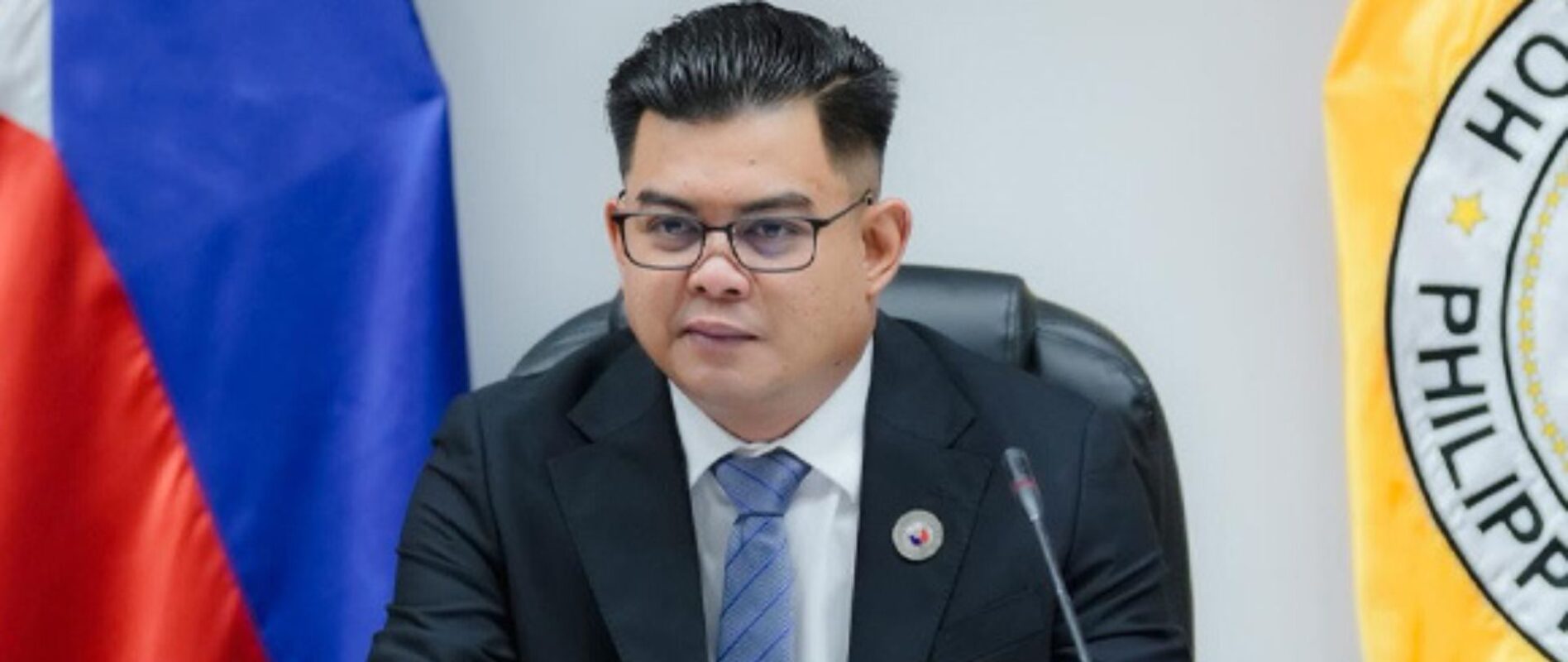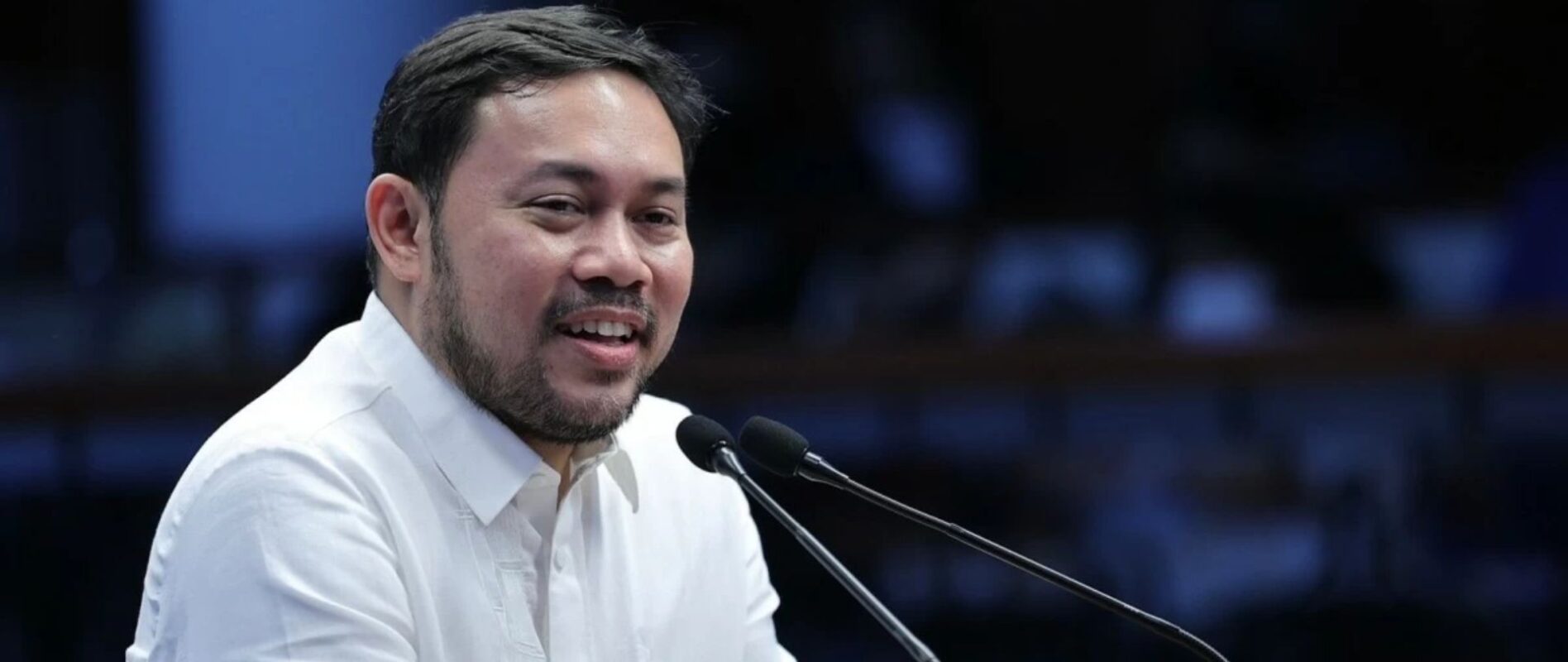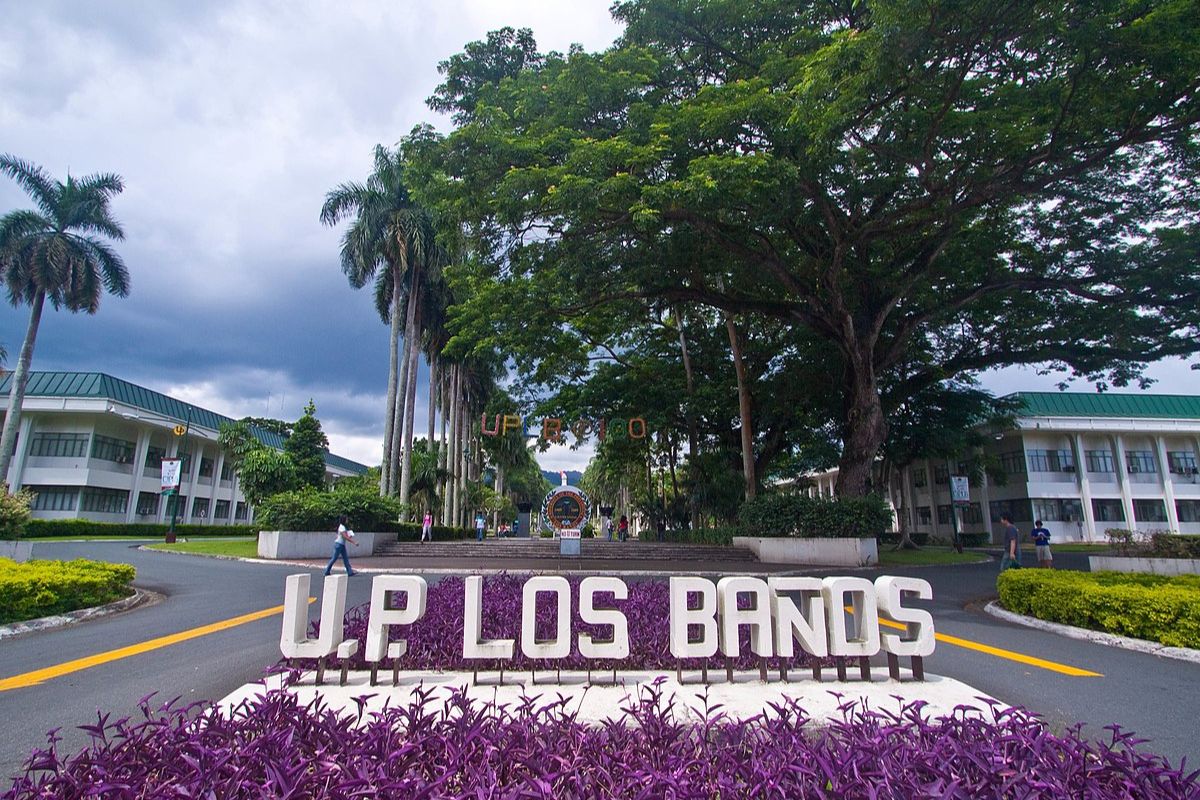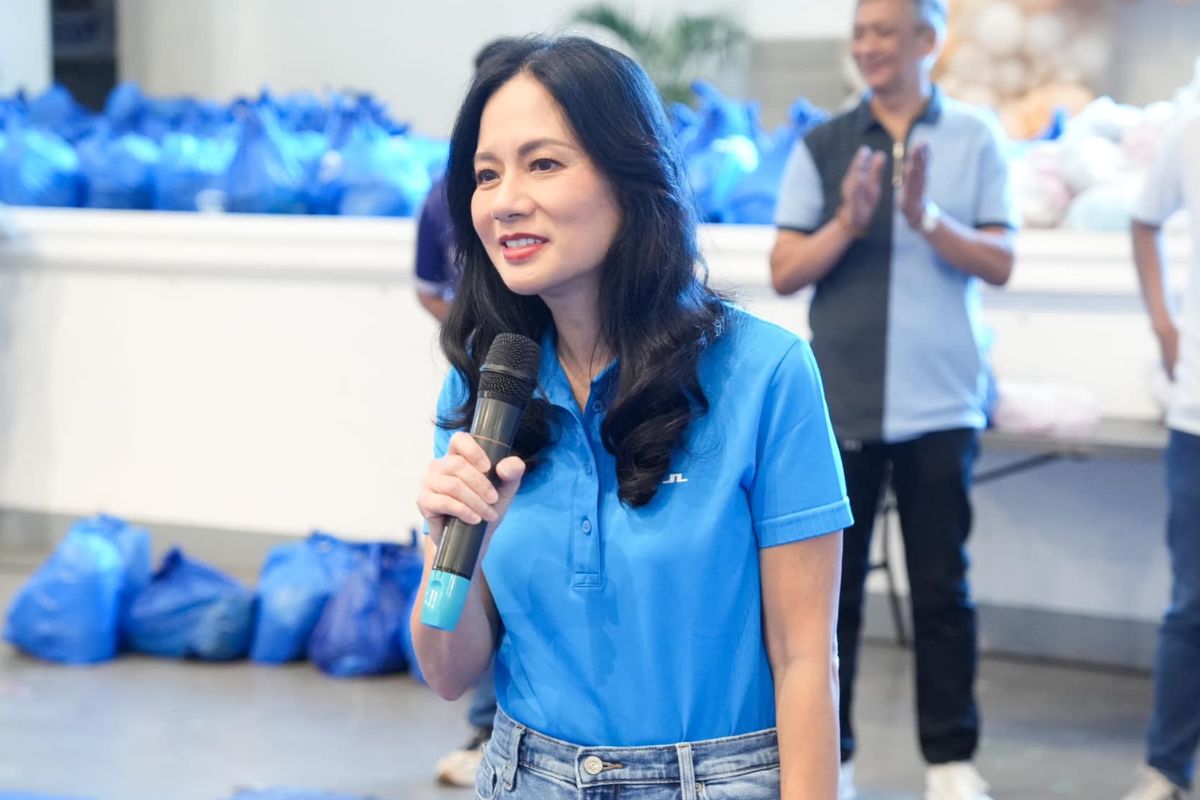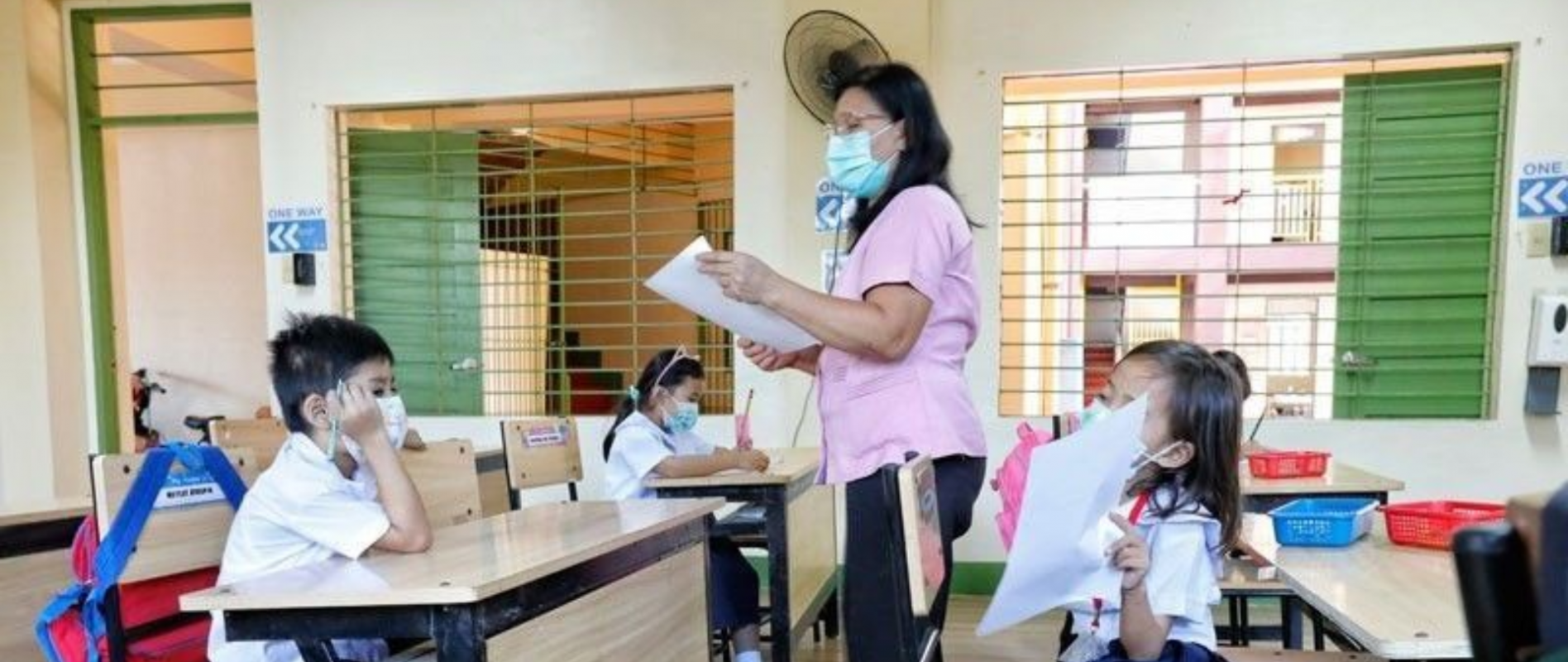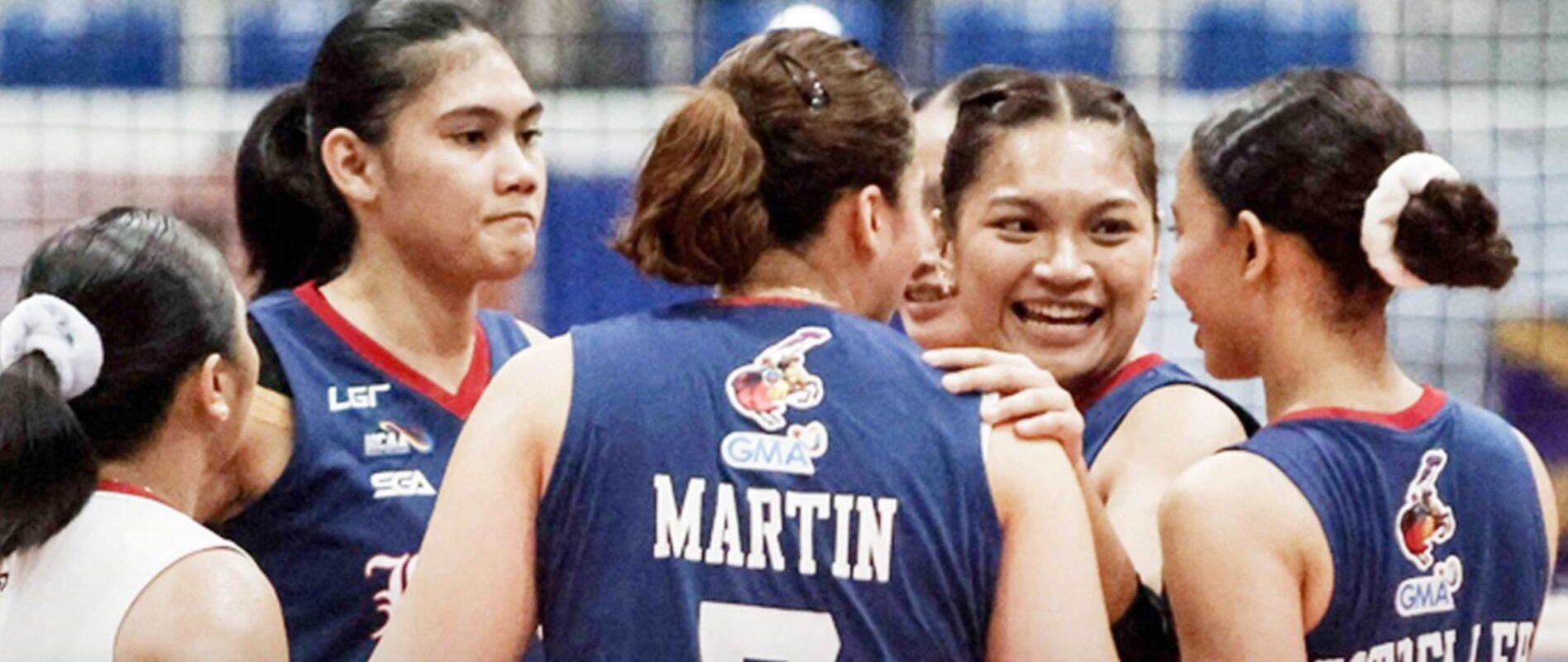SENATOR PUSHES FOR E-BOOKS FOR BARANGAY PROGRAM TO BOOST DIGITAL LEARNING ACCESS NATIONWIDE
SENATOR Mark Villar has filed a measure seeking to provide free and accessible digital learning resources to every barangay in the country.
Villar’s Senate Bill No. 1209, also known as the E-Books for the Barangay Program Act, aims to bridge the digital divide and promote lifelong learning by establishing a nationwide program under the Department of Education (DepEd) that will make e-books and other educational materials available to all communities, especially those in rural and marginalized areas.
“The ability to acquire and utilize information empowers citizens to make informed decisions, contribute responsibly to their communities, and become effective leaders in the global economy,” Villar said in his explanatory note.
Under the bill, the E-Books for the Barangay Program will include four key components:
Digital library platform – A secure, organized database of e-books, video lectures, simulations, and other materials available in various fields and local languages.
Device distribution – Provision of electronic devices such as tablets or e-readers to ensure access even in barangays with limited internet connectivity.
Capacity building – Training programs and workshops to enhance digital literacy and maximize the use of e-resources.
Monitoring and evaluation – Regular assessment of the program’s implementation and impact.
Funding for the program will come from DepEd’s annual budget allocation under the General Appropriations Act.
DepEd, in coordination with other relevant government agencies, will also be tasked with drafting the implementing rules and regulations within 60 days after the law takes effect.
Villar emphasized that the measure supports the Constitution’s mandate to make quality education accessible to all Filipinos, noting that the Philippines—with over 42,000 barangays—continues to face major challenges in providing equal access to learning materials.
“The E-Books for the Barangay Program represents a transformative step in democratizing access to educational resources, fostering digital literacy, and empowering Filipinos across the archipelago,” Villar said.

